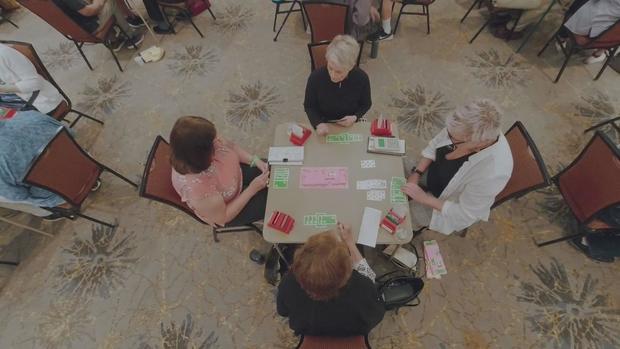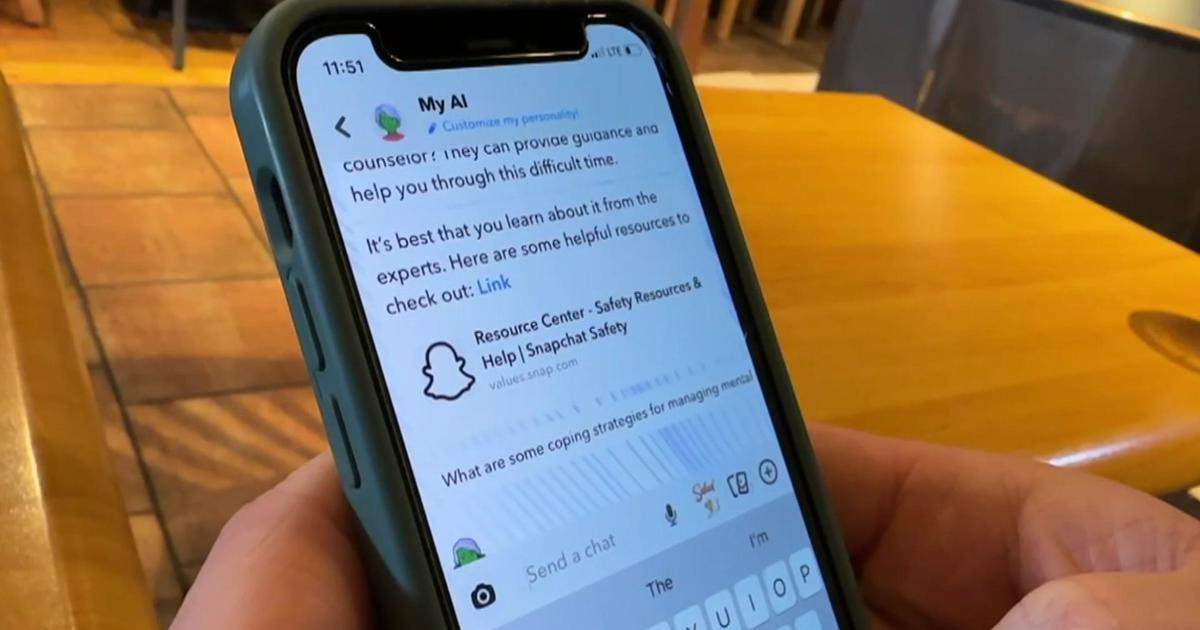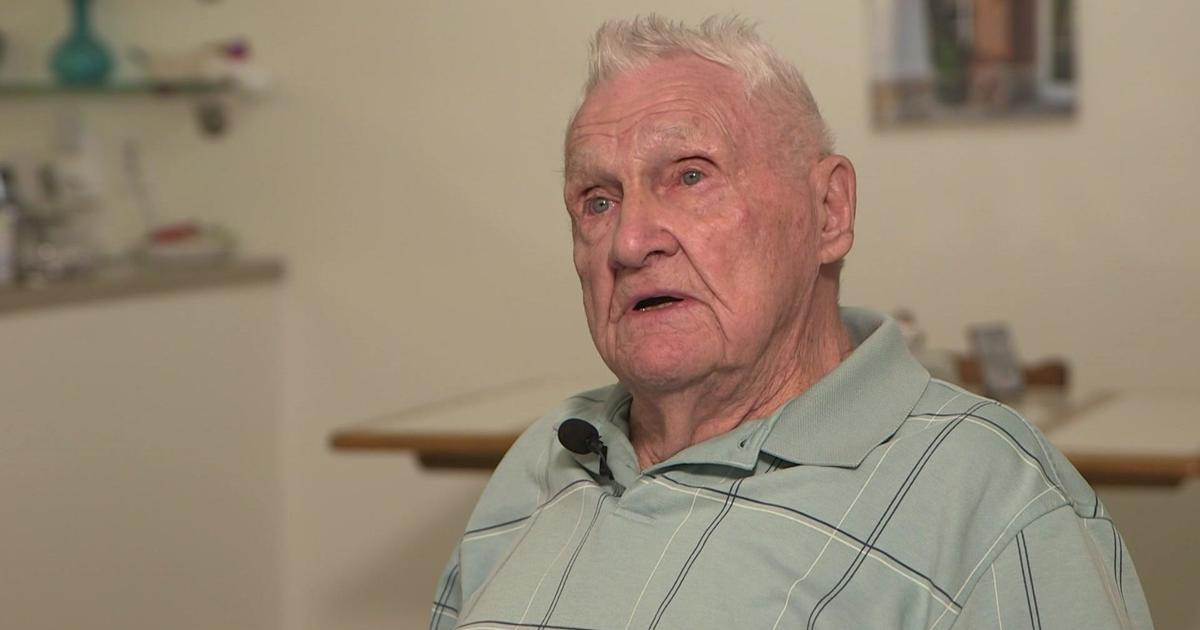Why is loneliness bad for our health? And how can we help ourselves and others?
BLOOMINGTON, Minn. – As the country navigates the end of a pandemic, the U.S. surgeon general said Americans are suffering from an epidemic: Loneliness.
The problem goes beyond our feelings. Why is loneliness bad for our health? And how can we help ourselves and others?
Light-hearted but also competitive, the card game bridge brings people together from clubs to tournaments with the outcome not always the priority.
"It's fun," said Kathleen Buraglio. "It's life or death," Dave Klevan jokingly countered, bringing a smile to Buraglio. "I mean we're going for the kill."
The two were at a huge bridge tournament, the Minnesota Gopher Regional, at a hotel in Bloomington this week.
The friendly banter the duo shared during the interview echoed the feeling they get while meeting with friends for weekly games at bridge club. It's a human connection many at the tournament don't take for granted.
RELATED: As Loneliness Rises Among Americans, Experts Warn It's Making Many Sick
"We have a fairly large group sadly of widowed women," Jane Schoening said of her bridge club. "Our lady friends are extremely important to us."
"Bridge did kind of save me mentally during the lockdown," said Buraglio.
Her husband was sick during the early days of the pandemic. Her main connection to the outside world was playing bridge with friends online.
She and many other bridge players are happy to be back playing again in person. Gathering for the game can help fight loneliness, an emotion that could be hurting us.
"Emotions and stress actually impact our physical health," said Dr. Kavita Desai Dakoji, a psychologist.
Why can loneliness be bad for our health? It's all about stress.
"We do have emotional stress, but we also have physical stress, something that makes our nervous system work harder. And when we are lonely, we're not connecting with people in a different way, which actually changes the way our brain functions," said Dr. Desai Dakoji.
It's like having fight or flight working overtime, wearing on the brain and body.
The U.S. surgeon general's report states loneliness and social isolation increase the chance of cardiovascular disease, hypertension, diabetes and cognitive decline.
"And it gets boring, and after it gets boring enough it gets to be depressing," said Klevan.
Wanting to be alone, however, doesn't mean someone is lonely. It has to do with self-perception.
"I might be surrounded by people, and if I don't feel socially connected to them, like I'm just going through the motions, I can still feel very lonely," said Dr. Dakoji.
"Everybody handles being alone differently, and I guess I enjoy being busy," said avid bridge player Adelle Brellenthin.
Bridge club, among other shared activities like bingo, help keep Brellenthin social. Connecting with others through hobbies, exercise and other group activities can foster a sense of belonging.
Other tips to fight loneliness include minimizing distractions while having conversations to deepen the interaction, such as putting your phone away. Serving others, such as volunteering or doing a favor for a friend, create connection and fulfillment.
Dr. Dakoji said if you sense a friend or loved one is lonely, asking them to help you with a favor could be a nice way to break the ice.
"Saying 'Hey, I want to help you,' that tends to make them feel inadequate again and push back. But instead saying, 'Hey, I really would benefit from some help doing this or that, do you mind or do you have time?' and really trying to ask them to help, it helps them feel more connected because they're doing something," she said.
To learn more from the US Surgeon General's report on loneliness, click here.





